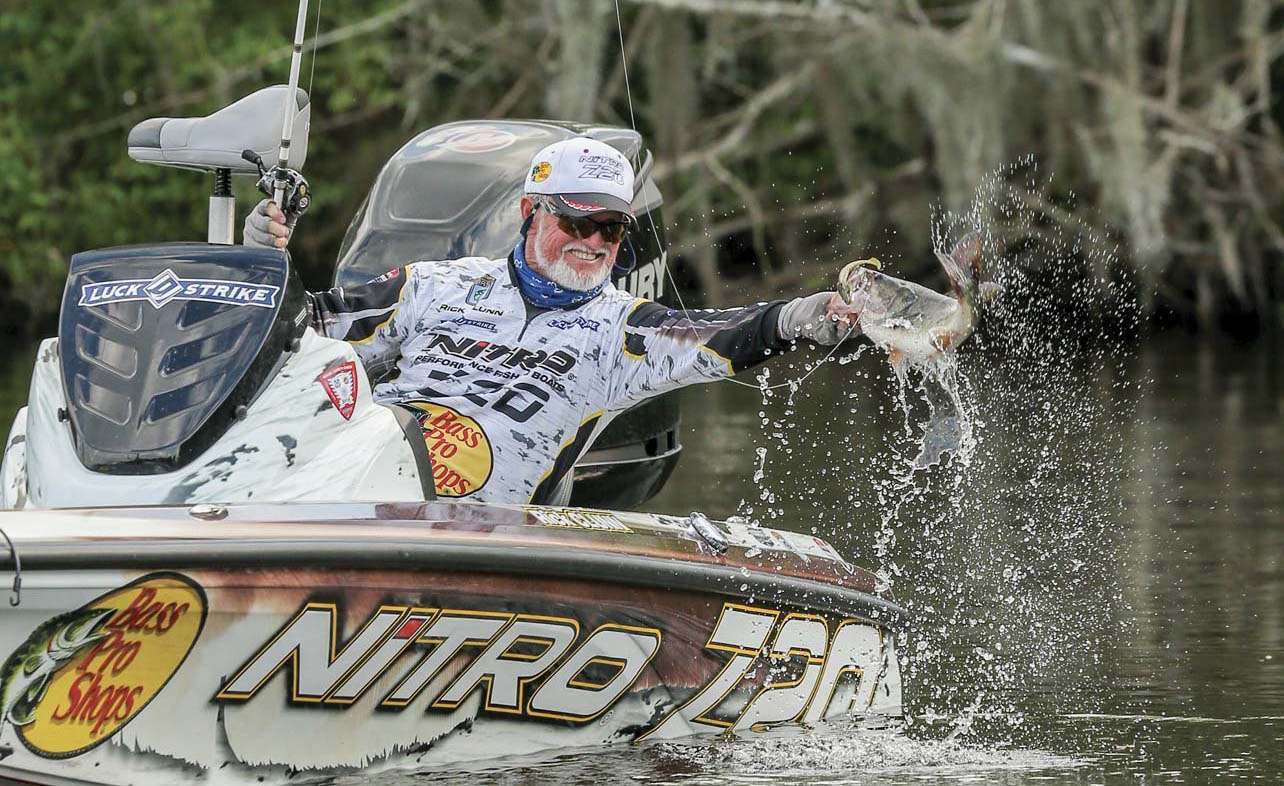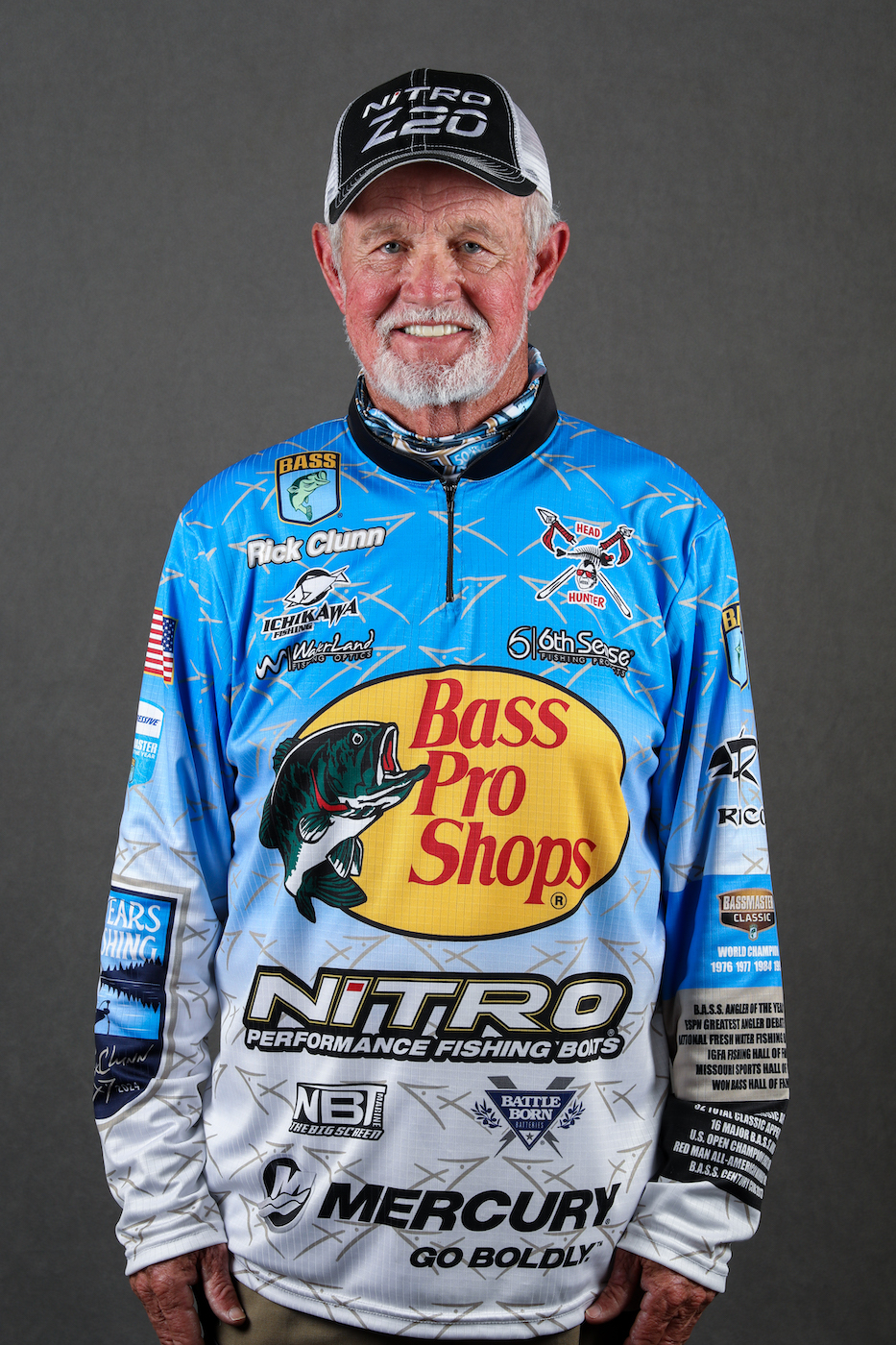
The offseason has been filled with a lot of speculation and concerns about the impact of another professional bass fishing league on the sport.
I’m about to begin my 45th season with B.A.S.S., and I can tell you that I’ve seen similar changes over the years and that change can be very good.
Sure, it creates chaos at first, but in the long run, we all get better, be it as individual anglers or organizations that undergo these kinds of changes.
Competition makes you better, and without it things don’t evolve as they should.
No matter whether you are a pro angler or tournament organization, if you don’t reinvent yourself as time goes on, you won’t be able to play the game.
Historically, it took events like the U.S. Open paying a $50,000 prize and the All-American paying $100,000 to get the purses increased in the prestigious Bassmaster Classic. Today it pays $300,000.
Rule changes impact and challenge us as anglers, as well. For example, we used to fish 10-fish limits, then seven and now five. Initially, I didn’t realize the impact it would have on me personally.
I came into the sport as a full-time fishing guide where I had developed skills that put my clients on 30 to 40 bites a day. My early pro career was built on catching 2-pounders, and I was quite successful doing that. But as the tournament bag limit has dropped, I had to change the way I practice and fish tournaments. Instead of fishing for 30 bites, I have to fish for 10.
So, what made me very good in those early days doesn’t work anymore. I had a choice: retire or reinvent myself. Believe me, the change hasn’t been an easy process, but it’s one that I had to embrace to remain a competitive angler.
Now, another question that keeps coming up in light of these changes is whether the Elite field is diluted and less competitive because many anglers have changed sides.
That’s not even an issue. Thirty years ago, when we didn’t have a lot of quality recruits coming into the sport, there weren’t many good players who could play at this level.
That’s changed substantially today as the skill level of the younger anglers far exceeds what we had when I first started. We have high school and college kids fishing more and more tournaments – anglers that have a tremendous amount of experience by the time they get to the Elites.
Just look at Jordan Lee; he had success at the college level, fished the Opens, and soon afterwards won back-to-back Classics. Several other young unknowns have risen to become pro bass fishing stars in a short period of time.
It’s comparative to today’s college football programs. The quality and skill level of players you saw in the College Football Championship didn’t exist 40 years ago because they now are training and experiencing the game at higher levels before they get to college.
So if you think the new names on the Elite roster are cupcakes, you’re wrong. The skill level among the newcomers will surface on the Elites this year, and you will see new “stars” born.
We have the correct format for that – a format that B.A.S.S. developed over the years – that will reveal the excellent anglers we have in this year’s field.
That format – four-day events – eliminates the “luck factor” in winning an Elite event. Anyone can get lucky and win a one-day event, but the luck factor erodes with each additional day of competition. The cream rises to the top.
B.A.S.S. remains the dominant organization, one that provides a broad format for anglers to succeed and an opportunity to compare themselves to those who came before them and chase the Bassmaster Classic dream. It’s what makes new anglers want to do this.
And veterans, too.
I’ve had a storied career where I have represented the sport, the industry, family, friends and myself for over four decades, and I want to continue to do that at a credible level. It wouldn’t make sense for me to abandon the organization that gave me these opportunities.
So, at age 72, my story isn’t over. Nor can I determine when it will end. All I know is I don’t want to give up. I anxiously await another exciting season on the Bassmaster Elite Seriess. And I will continue to adjust as the sport evolves and only gets better.

